A rare and historic Roman coin recently discovered by a metal detectorist in a Somerset field is making waves in the numismatic community. The coin, a denarius from the reign of Roman Emperor Carausius, is expected to sell for up to £8,000 at an upcoming auction in London. This remarkable find was uncovered by Mike Clarke, a retired fisherman with over five decades of metal detecting experience.
Discovery of the Roman Denarius
This Article Includes [hide]
The discovery took place in South Brewham, Somerset, during an organized metal detecting event. Mike Clarke, a 73-year-old from Wimborne, Dorset, was among a group of 20 detectorists searching the fields. After an unfruitful morning in one field, Clarke moved to another area and, within a short span, unearthed a modern £1 coin. But it wasn’t until he received another signal that he discovered the true treasure.
At a depth of about six inches, Clarke uncovered a silver coin. Upon closer inspection, he immediately recognized it as a denarius minted during the reign of Roman Emperor Carausius, who ruled in AD 286. Clarke promptly contacted the local finds liaison officer to ensure the coin was properly recorded and preserved.
Also Read: Do You Own the 1984-S $1 Olympic Coin? It Could Be Worth Over $9,000!
The Significance of the Denarius
This particular denarius is a significant find for several reasons. The coin features a laureate bust of Carausius, a self-proclaimed emperor who commanded the Roman fleet based in the English Channel. Carausius declared himself Emperor of Britain and northern Gaul after a fallout with the Roman Emperor Maximian. His reign marked an attempt to establish Britain as an independent state before he was ultimately assassinated in AD 293 by his finance minister, Allectus.
What makes this coin even rarer is its historical context. The inscription on the reverse side of the coin reads “RLR,” which stands for Rodeunt Saturnia Regna—a reference to the Golden Age from Virgil’s Eclogues. This phrase can be interpreted as a hopeful reference to the restoration of a golden era, reflecting Carausius’s ambitions for his reign.
A Desirable Auction Item
The Roman denarius will be sold at Noonans Mayfair auction house in London, scheduled for Tuesday. Coins and artefacts specialist Nigel Mills has described it as a coin that has never been published before, making it even more valuable to collectors and historians alike.
Carausius’s coinage is especially rare, as few coins from his short reign have survived the passage of time. The coin’s well-preserved condition and historical significance are expected to make it a sought-after item in the auction world.
Mike Clarke’s Metal Detecting Journey
Mike Clarke’s find is a testament to the persistence and skill that metal detectorists bring to their hobby. Clarke has been metal detecting for 52 years and has uncovered various significant artefacts during his career. His dedication to the craft, paired with his ability to recognize rare finds, played a crucial role in the discovery of this extraordinary coin.
As part of his agreement with the landowner, Clarke plans to share the proceeds of the auction sale. This reflects the often collaborative nature of metal detecting, where treasure hunters and landowners work together to ensure that valuable finds are properly recorded and preserved for future generations.
Also Read: The Secret Behind the $600 2023 Penny: What Makes It So Valuable?
Conclusion
This discovery of a Roman denarius by Mike Clarke is a reminder of the rich history that lies beneath the surface of our land. The auction of the Carausius coin will not only provide insight into a lesser-known chapter of Roman history but will also give collectors and enthusiasts the opportunity to own a piece of ancient Roman heritage. With a potential price tag of £8,000, it’s clear that this remarkable find will be remembered for years to come.

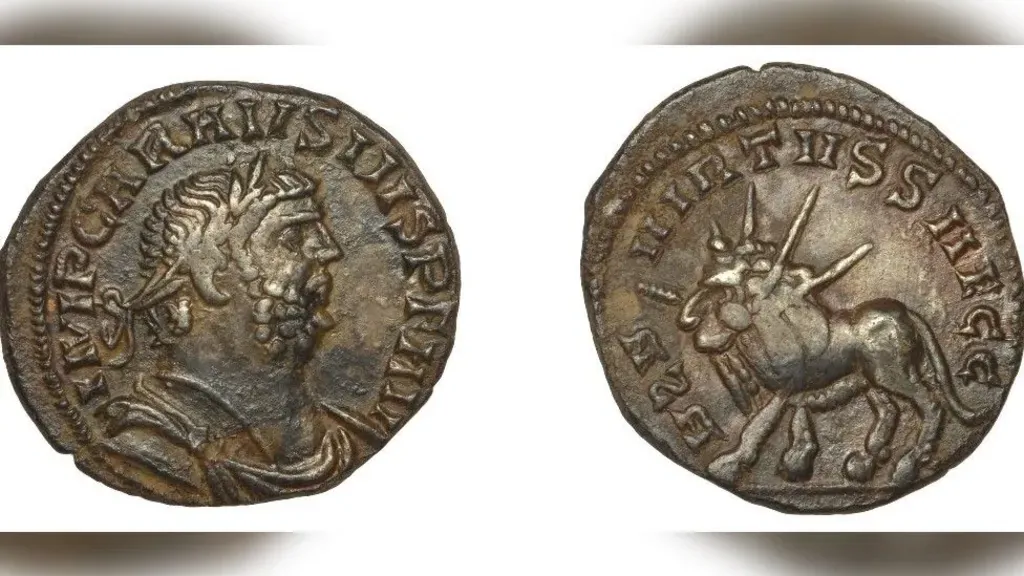
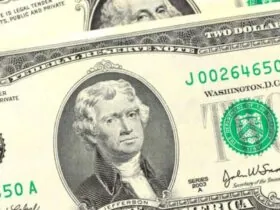
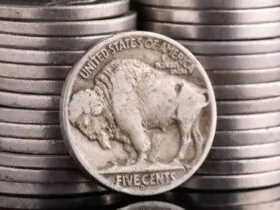
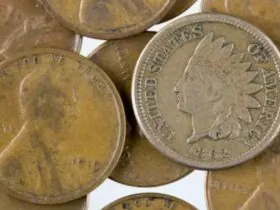

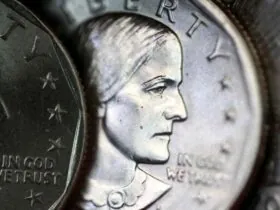
Leave a Reply